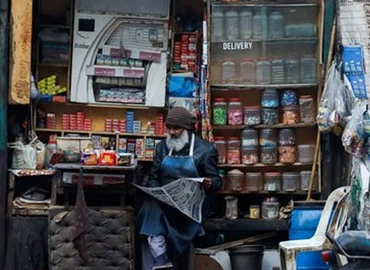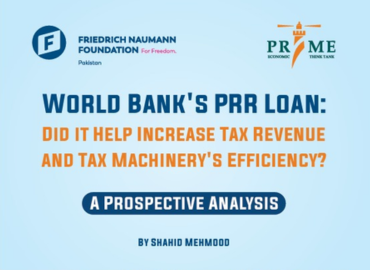Preface
It’s a wonder in itself that in modern age—when states purchase the latest information systems available, and hire the shrewdest statisticians out of the college to keep an eye on every single paisa transferring from one hand to another—how informal businesses manage to remain invisible before the state’s eye, keep working and growing? States continuously devise different regulations, and send their officials to control the phenomenon of informal economy. But like the many heads of hydra, the more the cut, the more heads emerge. The phenomenon needs to be studied.
The Peruvian economist Hernando De Soto studied this phenomenon and found that problem was not with the informal economy, the problem was with the state. The presence of very complex regulations, purposeless official procedures and corrupt officialdom not only pushed the informal entrepreneurs into informality but it closed the doors of lawful possession of property for them. De Soto, who took more pride in calling himself an activist instead of an economist, also conducted an experiment. When the regulations were softened, the procedures were simplified and property rights were easily available, most of the informal businesses got them formalized.
We see a perfect ground to recreate a similar experiment in Pakistan. The time has come that one considers the real reason why the informal economy is not coming inside the tax net. Instead of labelling industrious people as taxchor, and their ethically earned money as kaladhan, and their bread and butter the black economy—because these people tried to make maximum out of what they had, and tried to save them from harassment of the officialdom by remaining invisible—the state needs to take a sympathetic view of the matter, bring its own house in order and let these entrepreneurs come into the formal economy.
By simplifying regulations, decreasing corruption, debottlenecking procedures, lowering tax rates and making it easier for them to own their business premises, a lot more businesses can be brought into the formal sector, than coercion, penalties, punitive taxes, heavy fines and demolition of buildings with earthmoving machinery can collectively bring because no amount of coe





